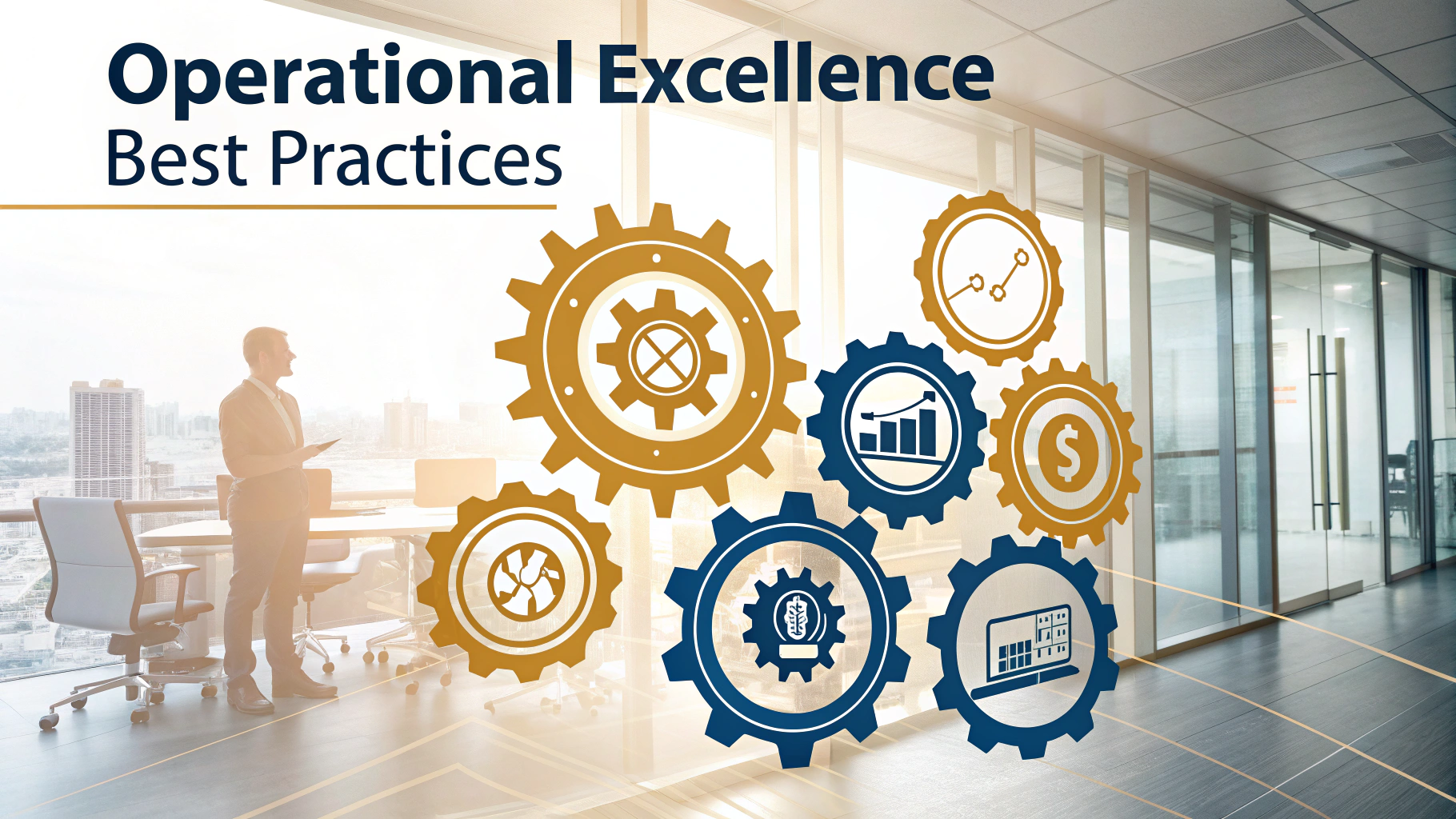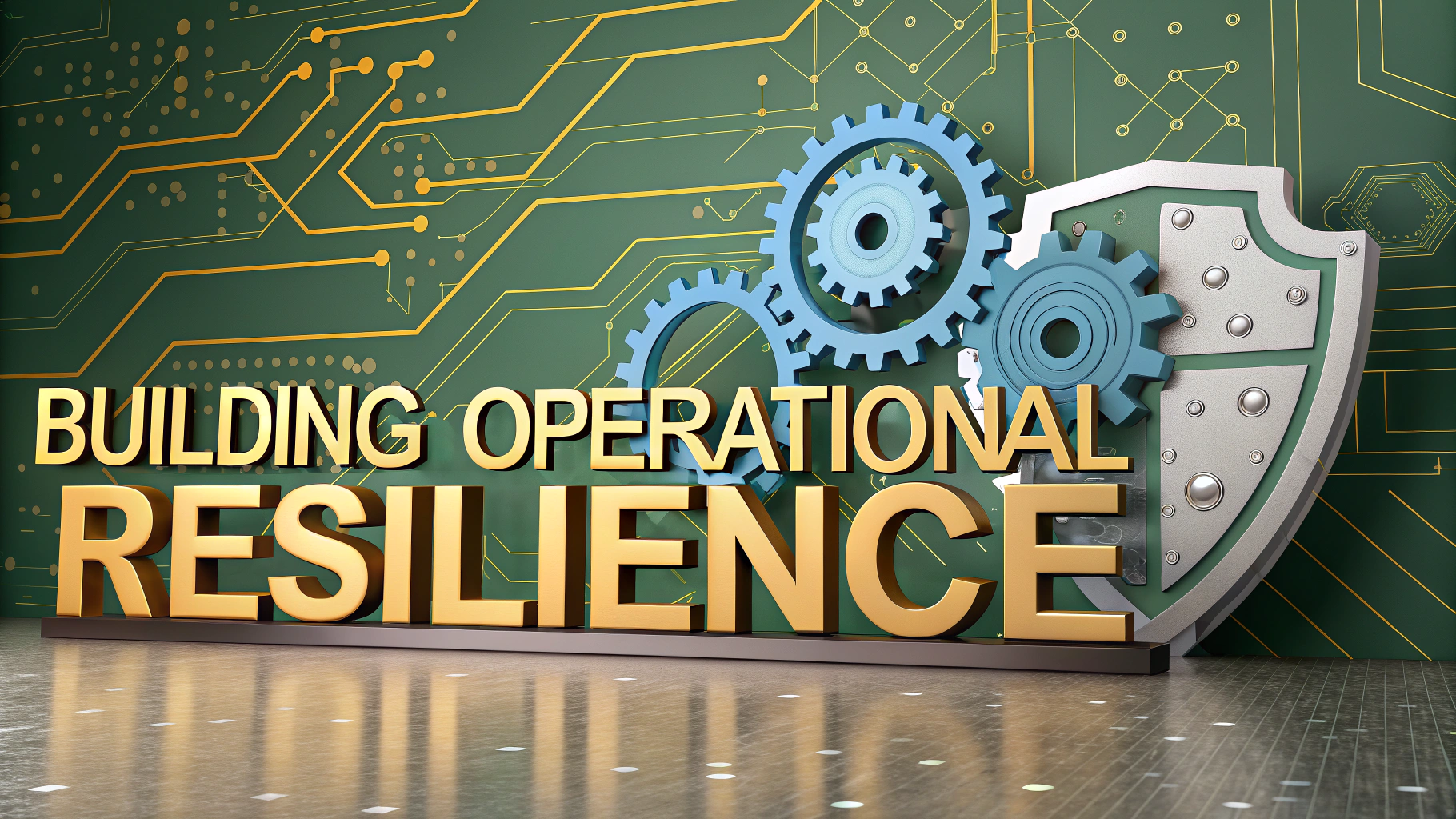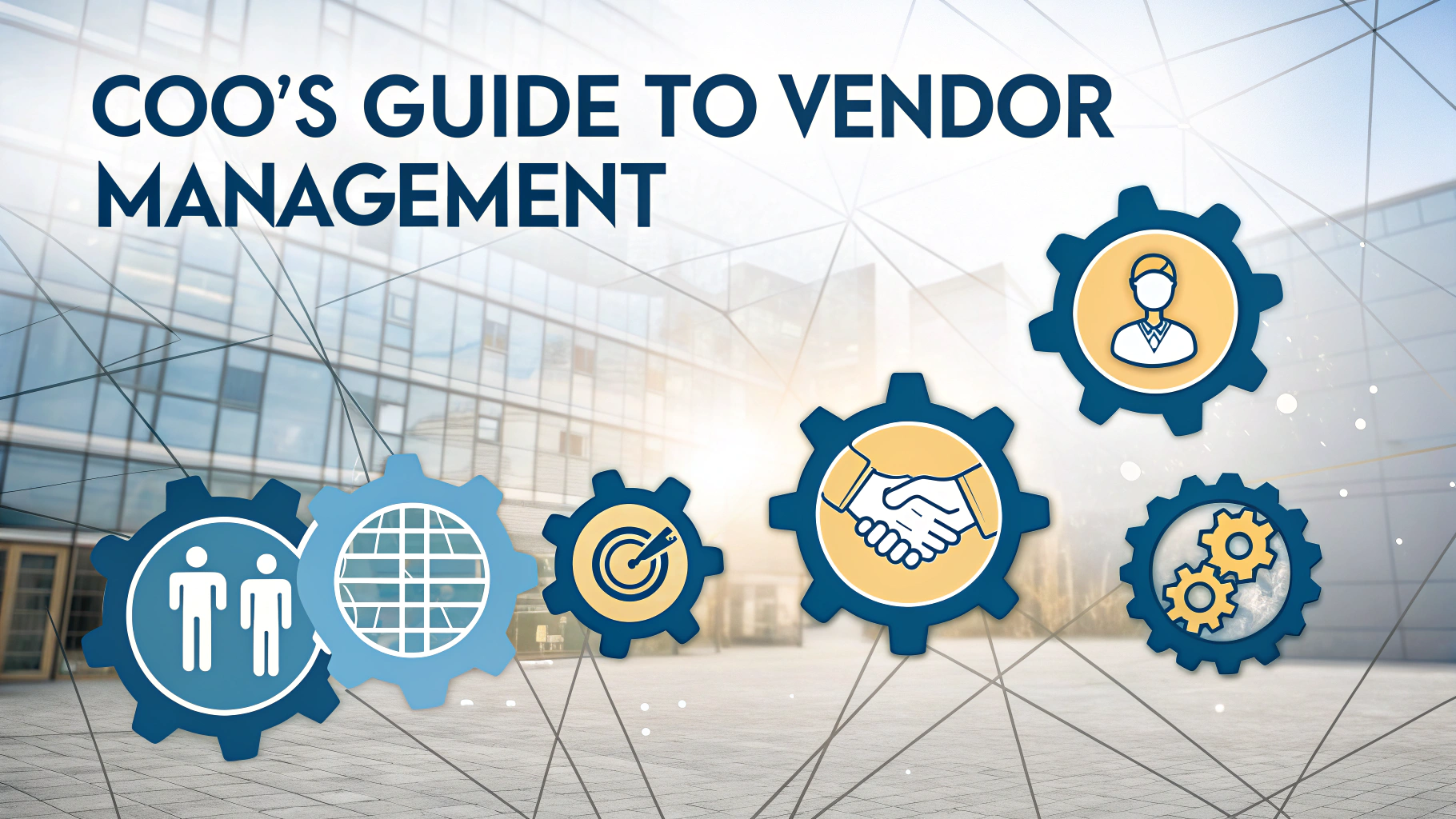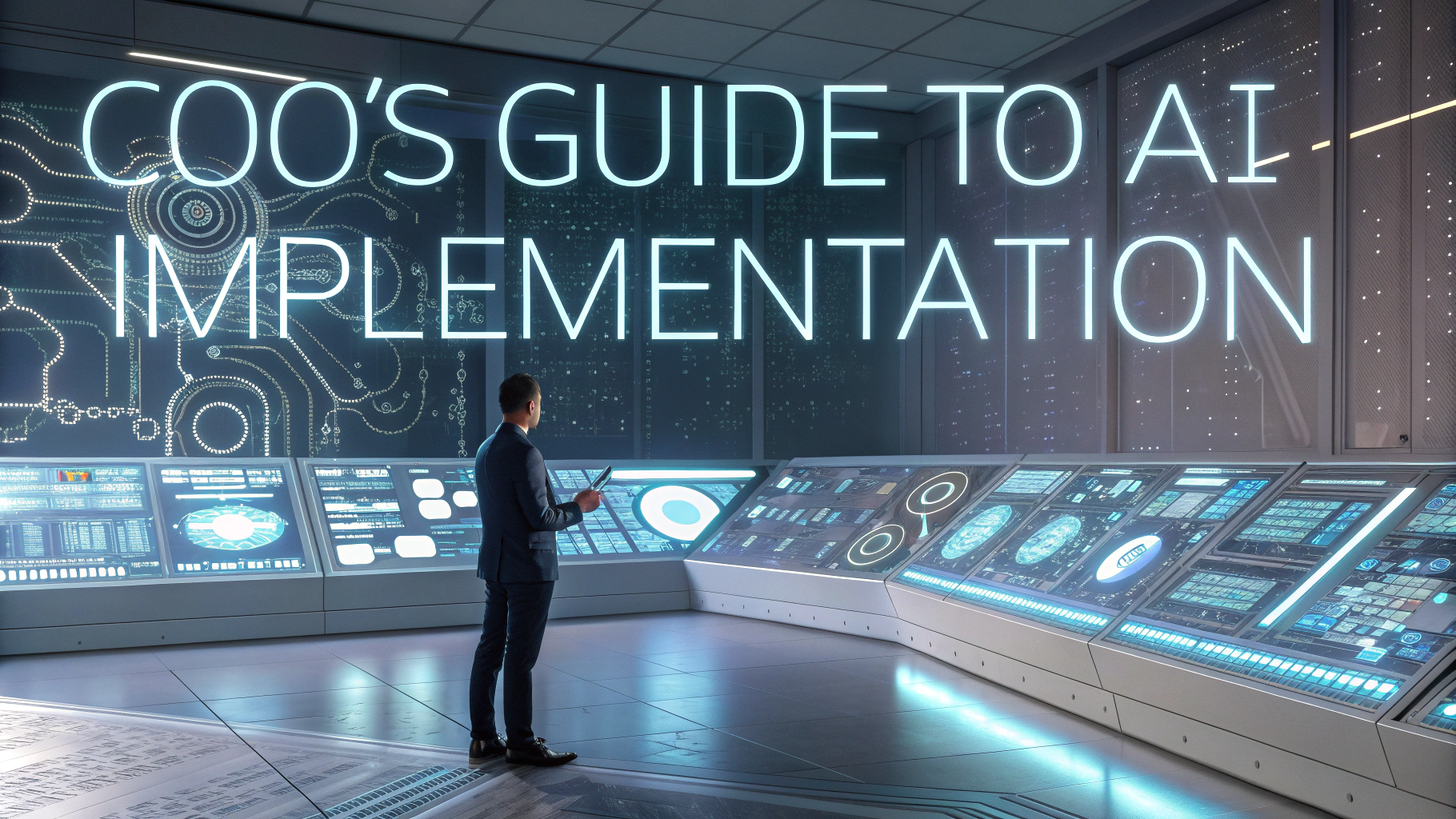Operations leadership roles are evolving rapidly as organizations adapt to technological advances, changing workforce dynamics, and complex global challenges.
Chief Operating Officers must develop new capabilities and mindsets to effectively guide their organizations through digital transformation while maintaining operational excellence.
This guide examines key trends shaping the future of operations leadership and provides actionable strategies for COOs to drive sustainable growth.
Key Responsibilities of Modern Operations Leaders
- Digital transformation strategy and execution
- Cross-functional team alignment
- Supply chain optimization and resilience
- Data-driven decision making
- Change management and cultural transformation
- Risk management and compliance
Essential Skills for Future Operations Leaders
Technology fluency enables COOs to make informed decisions about digital investments and automation initiatives.
Data analytics capabilities help leaders extract actionable insights from complex operational data.
Emotional intelligence and strong communication skills facilitate effective change management across diverse teams.
Technology Integration Priorities
- AI and machine learning for process optimization
- IoT sensors for real-time monitoring
- Cloud-based operations platforms
- Robotic process automation (RPA)
- Advanced analytics dashboards
Building Resilient Operations
Develop flexible supply chains that can adapt to disruptions through diversification and local sourcing options.
Implement predictive maintenance systems to prevent equipment failures and optimize asset performance.
Create robust business continuity plans that account for various scenarios and risks.
Workforce Development Strategies
- Upskilling programs for digital competencies
- Cross-functional training initiatives
- Mentorship and leadership development
- Remote work enablement
- Collaborative technology adoption
Measuring Operational Excellence
| Metric Category | Key Performance Indicators |
|---|---|
| Efficiency | Cycle time, throughput, resource utilization |
| Quality | Defect rates, customer satisfaction, compliance |
| Innovation | New product development, process improvements |
| Sustainability | Carbon footprint, waste reduction, energy efficiency |
Strategic Planning Framework
Align operational objectives with overall business strategy through regular strategic planning sessions.
Establish clear metrics and accountability for operational performance goals.
Review and adjust strategies quarterly based on performance data and market conditions.
Next Steps for Operations Leaders
Assess your organization’s current operational maturity and identify key areas for improvement.
Develop a roadmap for digital transformation that balances quick wins with long-term strategic initiatives.
Build strong partnerships with technology providers and industry experts to stay ahead of emerging trends.
For more information on operations leadership development, contact the Association for Supply Chain Management (ASCM) at www.ascm.org or the Institute for Supply Management (ISM) at www.ismworld.org.
Change Management Best Practices
- Clear communication of vision and objectives
- Early stakeholder engagement and buy-in
- Phased implementation approach
- Regular feedback collection and adjustment
- Success metrics and celebration of wins
Risk Management Strategy
Implement comprehensive risk assessment frameworks that identify potential operational vulnerabilities.
Develop mitigation strategies for various risk categories including cyber, supply chain, and regulatory compliance.
Key Risk Areas
- Cybersecurity threats
- Supply chain disruptions
- Regulatory changes
- Workforce challenges
- Technology obsolescence
Sustainability and ESG Integration
Incorporate environmental, social, and governance considerations into operational decision-making.
Develop sustainable operations practices that reduce environmental impact while maintaining efficiency.
- Green supply chain initiatives
- Circular economy adoption
- Ethical sourcing practices
- Community engagement programs
Shaping Tomorrow’s Operations Today
Operations leaders must embrace continuous learning and adaptation to stay ahead of industry changes.
Focus on building resilient, digitally-enabled operations that can scale and adapt to future challenges.
Invest in people, processes, and technology to create sustainable competitive advantages in an evolving business landscape.
Remember that successful operations transformation requires a balanced approach between innovation and stability, always keeping sight of core business objectives while pursuing operational excellence.
FAQs
- What are the key responsibilities of a modern Chief Operating Officer (COO)?
A COO oversees daily business operations, develops operational strategies, manages organizational efficiency, leads digital transformation initiatives, ensures regulatory compliance, and acts as a bridge between various departments while working closely with the CEO. - How is technology reshaping the role of operations leadership?
Technology is requiring COOs to focus on digital transformation, data-driven decision making, automation implementation, AI integration, and cybersecurity oversight while maintaining operational excellence. - What skills will be crucial for future operations leaders?
Future operations leaders need digital literacy, change management expertise, data analytics capabilities, agile methodology understanding, cross-functional leadership abilities, and strong emotional intelligence. - How is sustainability becoming part of operations leadership?
Operations leaders are increasingly responsible for implementing sustainable practices, managing ESG initiatives, developing circular economy strategies, and ensuring environmental compliance throughout operations. - What role does risk management play in future operations leadership?
Risk management involves identifying potential operational risks, developing mitigation strategies, ensuring business continuity, managing supply chain vulnerabilities, and maintaining cyber resilience. - How are remote work trends affecting operations leadership?
Operations leaders must adapt to hybrid work models, implement digital collaboration tools, maintain productivity across distributed teams, and develop new performance metrics for remote operations. - What are the emerging challenges in supply chain management for operations leaders?
Key challenges include global supply chain resilience, real-time visibility requirements, sustainable sourcing, digital supply networks, and managing geopolitical risks. - How important is cultural transformation in future operations leadership?
Cultural transformation is crucial as operations leaders must foster innovation, promote diversity and inclusion, build adaptive organizations, and create environments that support continuous learning and change. - What role will artificial intelligence play in operations leadership?
AI will be essential for predictive analytics, process automation, decision support, operational optimization, and developing new business models while requiring leaders to manage human-AI collaboration. - How are customer expectations changing the focus of operations leadership?
Operations leaders must prioritize customer-centric operations, personalization at scale, omnichannel experience delivery, and real-time response capabilities to meet evolving customer demands.






